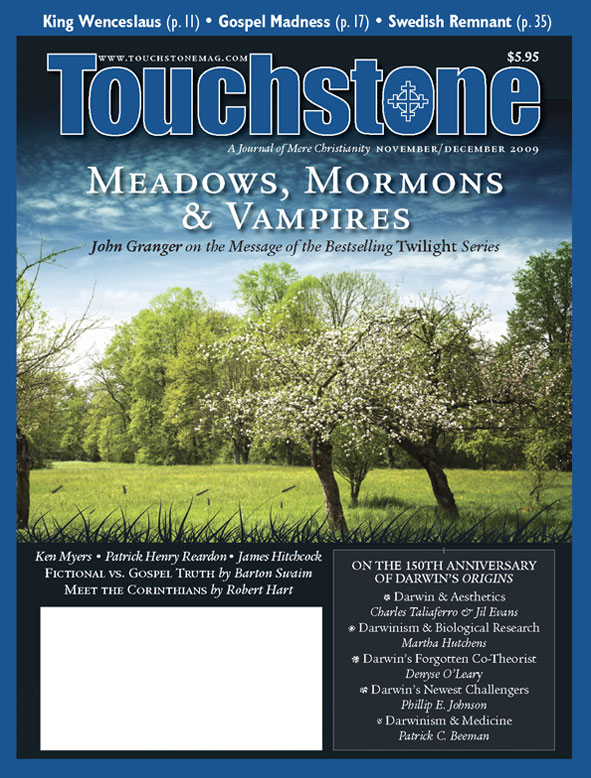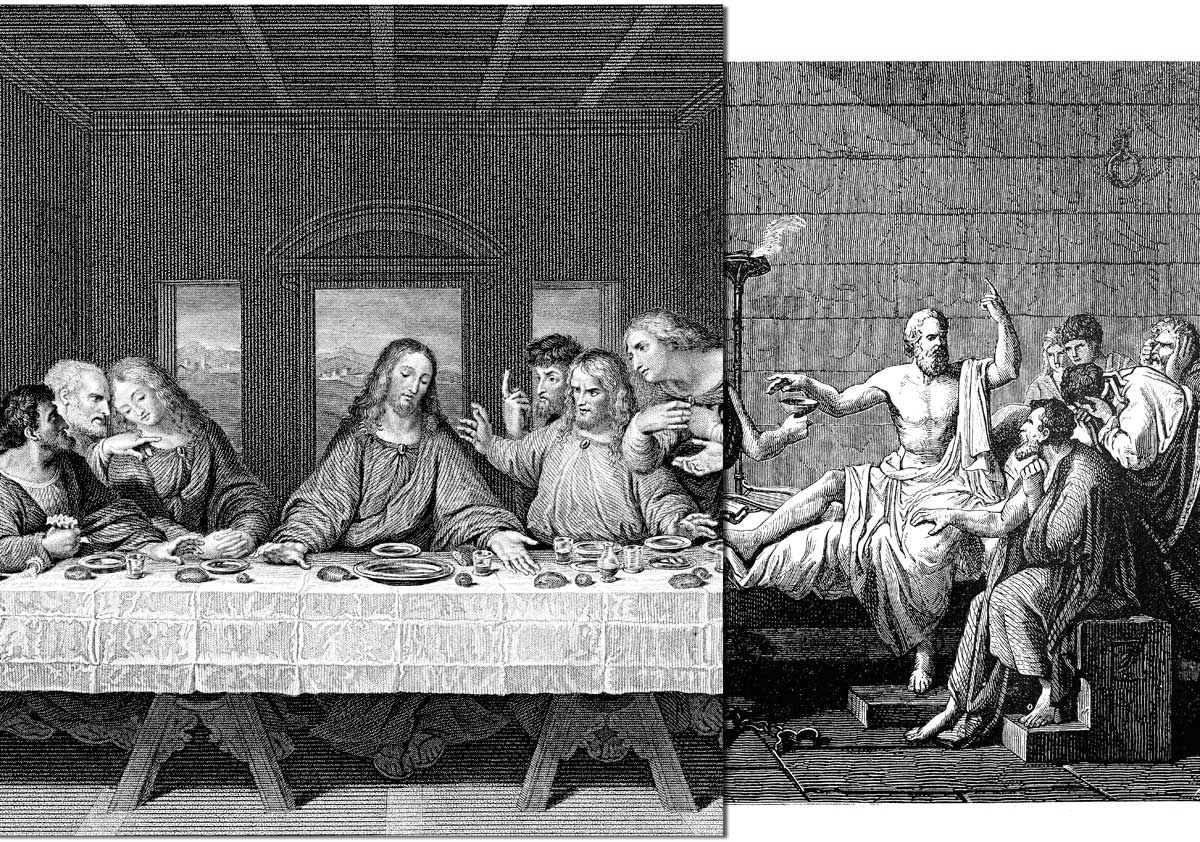Contours of Culture
Emotion Sickness
On Todd Gitlin's Media Unlimited: How the Torrent of Images and Sounds Overwhelms Our Lives
We were created as beings intended to inhabit time well. We are so eager to defend the fact of Creation to skeptics and atheists that we often forget the instructive quality of the rhythm of Creation. God who is beyond time somehow takes time to create all things. And then a day of rest is established. Christian faith is thus not simply historical; it is also concerned with honoring the meaning of our temporality. Impatience is a deeply disordering vice, displaying at root a frustration with a God who uses time to accomplish his purposes, who has chosen not to do everything right away.
While there is nothing new about impatience, I think it’s fair to say that no human culture has so institutionalized restlessness and a quest for immediacy as has our own. We expect that people will respond to our demands without delay and that circumstances will be altered (whether a website loading or traffic abating or a meal being prepared) in the blink of an eye.
More significantly, we expect to be able to adjust our own feelings quickly, to move emotionally from “zero to 60” in three seconds. The idea that any joys—whether sublime or mundane—might require disciplines of cultivation is increasingly foreign to our accelerated culture.
Disposable Feelings
In his 2001 book Media Unlimited: How the Torrent of Images and Sounds Overwhelms Our Lives (Henry Holt & Co.), Todd Gitlin argues that our experience with omnipresent media creates in us what he describes as a new way of having emotions. We expect experiences to have an intense emotional impact immediately, but we want to be able to abandon these feelings just as quickly. Frenetic Java animations on a web page, fast-cutting 15-second commercials, 90-second news reports skimming the surface of hugely complicated stories: All are crafted to offer us a daisy chain of disposable epiphanies.
For commercial reasons, no mass-mediated experience can afford to make us turn off the set or turn from the screen to reflect on what we have seen or heard. We have to want to come back for more. Sensational intensity rather than contemplative depth is the ideal.
Gitlin situates this sensibility in a time long before TV or the Internet: in the Romantic reaction to Enlightenment rationalism, a reaction that established human feeling (and willing) as more fundamental and reliable than reason. Romanticism
urges us to heed the inner voice of feeling. Real life takes place in deep feeling, authentic feeling, feeling that must be protected from social impositions, feeling that was born free and longs to go native. The idea spreads that the individual is, above all, his or her feelings.
But the demands of work, sustaining relationships, and participating in social life require some tempering or management of emotions. So, as Gitlin puts it, “Romanticism must be domesticated, made to fit into the niches of life. . . . Emotions must refresh, not drain or disrupt. They must be disposable and, if not free, at least low-cost.” The goal is a “society of nonstop popular culture that induces limited-liability feelings on demand—feelings that do not bind and sensations that feel like, or pass for, feelings.”
Generating Restlessness
Ken Myers is the host and producer of the Mars Hill Audio Journal. Formerly an arts editor with National Public Radio, he also serves as music director at All Saints Anglican Church in Ivy, Virginia. He is a contributing editor for Touchstone.
subscription options
Order
Print/Online Subscription

Get six issues (one year) of Touchstone PLUS full online access including pdf downloads for only $39.95. That's only $3.34 per month!
Order
Online Only
Subscription

Get a one-year full-access subscription to the Touchstone online archives for only $19.95. That's only $1.66 per month!
bulk subscriptions
Order Touchstone subscriptions in bulk and save $10 per sub! Each subscription includes 6 issues of Touchstone plus full online access to touchstonemag.com—including archives, videos, and pdf downloads of recent issues for only $29.95 each! Great for churches or study groups.
Transactions will be processed on a secure server.
more from the online archives
calling all readers
Please Donate
"There are magazines worth reading but few worth saving . . . Touchstone is just such a magazine."
—Alice von Hildebrand
"Here we do not concede one square millimeter of territory to falsehood, folly, contemporary sentimentality, or fashion. We speak the truth, and let God be our judge. . . . Touchstone is the one committedly Christian conservative journal."
—Anthony Esolen, Touchstone senior editor










